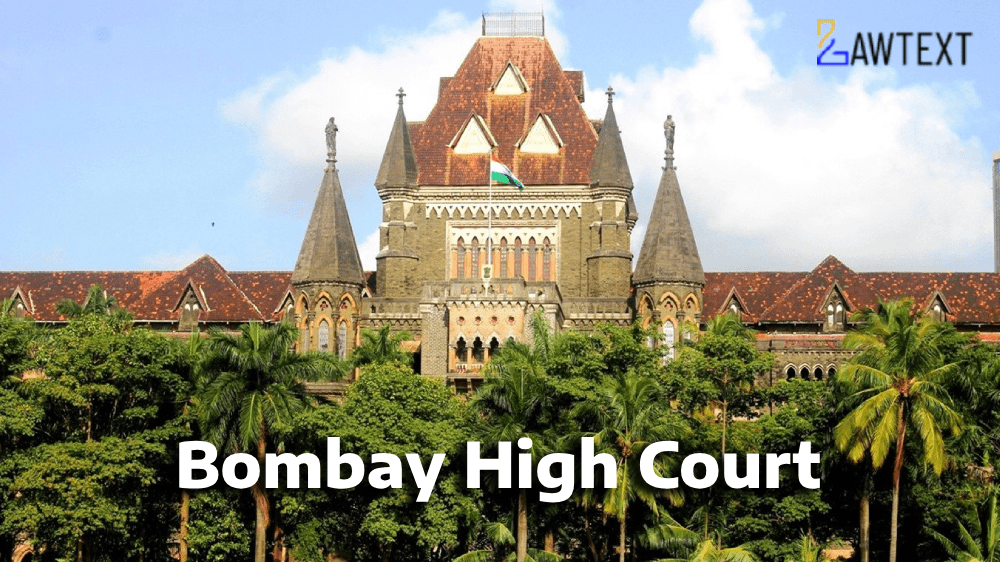

The Bombay High Court, acquitted (Applicant), who was convicted under Section 332 r/w Section 34 of the Indian Penal Code (IPC) for preventing municipal officers from performing their duty and allegedly assaulting one of them. The Court held that the prosecution failed to establish its case beyond a reasonable doubt due to contradictory evidence presented by the witnesses and lack of proper procedural steps by the authorities. The Court overturned the conviction imposed by both the 31st Metropolitan Magistrate's Court, Vikhroli (2001), and upheld by the Sessions Court, Mumbai (2002).
Azharali Jaferali Qureshi was convicted for obstructing a municipal officer, PW-2, from performing his duties and assaulting him with a fist blow. The incident allegedly occurred during a raid on Qureshi’s mutton shop, where unauthorized slaughtered mutton was being sold. The trial court convicted him under Sections 332 and 34 of IPC, sentencing him to one year of rigorous imprisonment and a fine. This conviction was later upheld by the Sessions Court.
The applicant appealed the decision, arguing that the conviction was based on unreliable and contradictory witness testimonies. The defense also claimed the Municipal Corporation officers were extorting illegal gratification, leading to the skirmish.
The prosecution's case hinged on the testimony of four municipal officers (PW-1 to PW-4) who alleged that Qureshi resisted a raid conducted at his shop, resulting in an assault on PW-2. The officers claimed that Qureshi did not possess a valid license to sell mutton and that a fistfight ensued during the attempted seizure of meat and equipment.
The Court noted significant contradictions in the testimonies of the prosecution witnesses. PW-1 to PW-3, all municipal employees, provided varying versions of the incident. PW-4, a peon, contradicted their statements by testifying that accused No. 1 (not Qureshi) assaulted PW-2. This variance undermined the reliability of the prosecution’s case.
The court emphasized the lack of statutory procedure followed by the municipal officers. The absence of documentary evidence of the raid and seizure (such as a proper seizure panchnama or authorization for the raid) weakened the prosecution’s case. No evidence was provided regarding the requisite authority to seize goods under the Mumbai Municipal Corporation (MMC) Act.
The police failed to conduct a spot panchnama or investigate the mob that gathered at the scene. The delay in the police reaching the spot was also a point of contention.
Given the contradictions, lack of proper procedure, and unreliable witness testimonies, the Court concluded that the prosecution did not prove its case beyond a reasonable doubt. The benefit of the doubt was extended to the accused, leading to his acquittal.
The judgment rests on the principle that in criminal cases, the prosecution must prove its case beyond a reasonable doubt. When the evidence is inconsistent, contradictory, and lacks corroboration, the benefit of doubt should be given to the accused. In this case, the conflicting testimonies of the prosecution witnesses and failure to follow proper procedures by municipal authorities led to the acquittal.
Indian Penal Code, 1860:
Mumbai Municipal Corporation Act, 1888:
Criminal Appeal, Obstruction of Public Servant, Assault
Bombay High Court, Criminal Appeal, Acquittal, Indian Penal Code, Public Servant Obstruction, Contradictory Evidence, Municipal Corporation, Judicial Review.
Citation: 2024 LawText (BOM) (10) 141
Case Number: CRIMINAL REVISION APPLICATION NO.405 OF 2002
Date of Decision: 2024-10-14
Case Title: Azharali Jaferali Qureshi Versus The State of Maharashtra (through Ghatkopar Police Station)
Before Judge: MILIND N. JADHAV, J.
Advocate(s): Mr. Kartik Garg, appointed Advocate for Applicant. Ms. Dhanlaxmi S. Krishnaiyar, APP for State.
Appellant: Azharali Jaferali Qureshi
Respondent: The State of Maharashtra (through Ghatkopar Police Station)